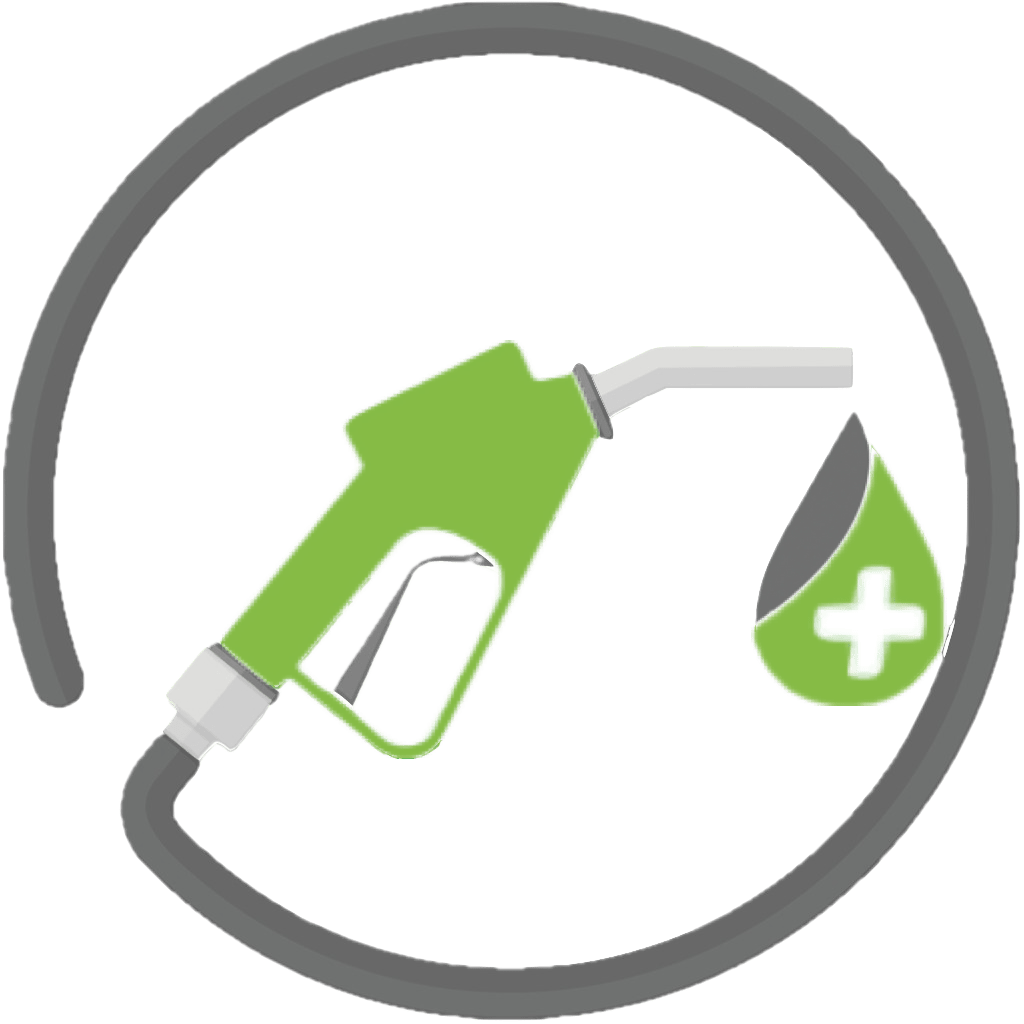
Fuel Collection And Disposal in Lambeth
Fuel collection and disposal services are essential for managing various types of fuels, including gasoline, diesel, and other petroleum-based products, as well as alternative fuels like ethanol and biodiesel. These services ensure the safe handling and proper disposal of unused, contaminated, or expired fuels, minimizing environmental impact and complying with regulations.
Key Aspects:
-
- Professional Collection: Trained professionals collect unused or contaminated fuel from residential, commercial, and industrial sites. They use specialized equipment and follow safety protocols to prevent spills and accidents.
- Transportation: Collected fuels are transported to designated disposal facilities in specially designed containers or tankers. This transportation is done in compliance with transportation regulations to ensure safety on the road.
- Proper Disposal: Disposal facilities employ environmentally responsible methods to dispose of collected fuels. This may include recycling processes to recover usable components or ecologically safe disposal methods such as incineration or treatment to neutralize harmful substances.
- Environmental Compliance: Fuel collection and disposal services adhere to local, state, and federal regulations governing the handling and disposal of hazardous materials. This ensures that all activities are environmentally responsible to minimize harm to ecosystems and public health.
- Emergency Response: In case of fuel spills or accidents, fuel collection and disposal services provide emergency response teams to contain the spill, clean up the affected area, and safely dispose of contaminated materials.
Benefits:
-
- Environmental Protection: Proper fuel disposal prevents soil and water contamination, reduces the risk of environmental damage, and protects ecosystems.
- Compliance: By entrusting fuel disposal to professional services, businesses ensure compliance with relevant regulations, avoiding potential fines and legal consequences.
- Safety: Trained professionals handle fuel collection and disposal, reducing the risk of accidents or injuries associated with improper handling of hazardous materials.
- Resource Recovery: Some disposal methods allow for the recovery of usable components from collected fuels, contributing to resource conservation and sustainability efforts.

